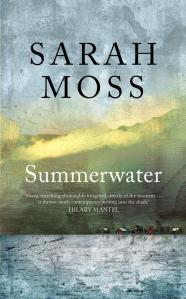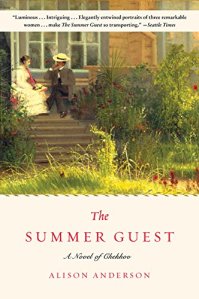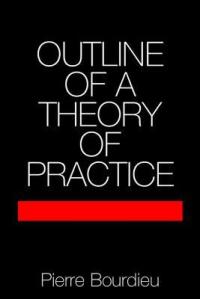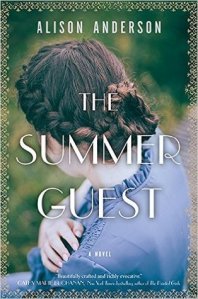This post was going to be named Contemporary Fiction, but I actually had a very good year of reading poetry and non-fiction, so I wanted to include those, and didn’t know if I (or you) would have the patience for separate blog posts for every single category. So these are books published recently (not just this year, but in the past few years), some of them have been reissued or have only just been translated. There are 59 books that would fit in this category out of my total of 127, so roughly half of the books I read. A higher proportion than I expected, driven partly by my desire to help small independent publishers and bookshops in this difficult year.

Here are the ones that stayed with me:
Fiction
Aoko Matsuda: Where the Wild Ladies Are – a clever, ferocious, fun subversion of Japanese ghost stories and folk tales, made all the more interesting by getting a chance to hear the translator Polly Barton talk about it at the Borderless Book Club organised by Peirene after lockdown in March
Lucia Berlin: A Manual for Cleaning Women – another short story collection with a wry look at the gender gap (I seemed to find short stories more accessible and suitable for my attention span, particularly during the first lockdown). Although these stories were written during the 1950s and 60s, they have been collected and reissued recently… and still have a lot to say about today’s world.
Ludovic Bruckstein: The Trap – two novellas about life as a Jew in the increasingly intolerant Romanian society of the 1930s (and the Second World War) – fascinating initially because of its subject matter, the writing turned out to be truly evocative of its time and place, with a dry, dark sense of humour
Nino Haratischwili (or Haratishvili): The Eighth Life – a mammoth of a family saga, which captivated even me, a reluctant convert to the family saga genre, always balancing between the personal and the historical, the well-trodden and the barely known.
Maggie O’Farrell: Hamnet – this book was a case of right time, right subject matter for me, not just as a Shakespeare fan, but also because I read it at a time when I was so worried about the health of my own children; perhaps slightly over-written, but with moments of real beauty, lyricism and psychological depth.
Olga Tokarczuk: Drive Your Plow… – so clever, such a beguiling voice, a great insight into a person, a way of life and a rural society, both tragic and comic all at once
Sarah Waters: Fingersmith – finally understood what all the fuss was about, just could NOT stop reading this thrilling example of master storytelling; sadly, was not quite as enamoured of the other books by the author that I then borrowed post-haste from the library
Mieko Kawakami: Breasts and Eggs – a strange novel, composed of two parts that don’t really have much to do with each other, and yet I loved the way it explored women, bodies, sisterhood, families and the meaning of parenthood in contemporary Japan
Fernanda Melchor: Hurricane Season – one of the most breathlessly enthralling and difficult stories I’ve read this year or perhaps in any other year, with voices that will leave you shattered – one of those life-changing books
Alison Anderson: The Summer Guest – by way of contrast, a gentle, subtle, utterly charming book about an exceptional man and author, Chekhov – a fictional account of his summers in the Ukraine
Poetry
I read a lot of poetry this year, but as usual haven’t reviewed much. The two that I have reviewed, however, both shortlisted for the Young Writer of the Year Award – and one the winner of this award – were truly unforgettable: Jay Bernard’s Surge and Sean Hewitt: Tongues of Fire. But this year I also discovered Jericho Brown, Safiya Sinclair, Caroline Bird, Dahlia Ravikovitch, Nina Boutsikaris and a new translation of Cavafy by Evan Jones, so it’s been an excellent year.
Non-Fiction
Deborah Orr: Motherwell – not just a family history – and the gap between generations – but also the history of a community, which helped me to understand a lot more about the UK and its working class history
Francesca Wade: Square Haunting – reminded me of just how much I loved certain women authors and introduced me to a couple of new women to admire – a thoughtful recreation of a period and women’s aspiration to be independent of thought (and financially too, if possible). Perhaps forced together into the Mecklenburgh Square concept, but it worked for me and I really regret not writing a proper review of it
Beth Ann Fennelly: Heating and Cooling – micro-memoirs, witty, charming, sharp-tongued, experimental – a delight that I discovered thanks to the recommendation of Anne-Marie Fyfe, whose poetry workshop was one of the last things I was able to attend live in 2020
Kate Briggs: This Little Art – an absolute must for literary translators, but for all readers, this is both an insight into the science and art of translation, and throws up all sorts of knotty problems for debate – another of those ‘life-changing’ books, especially since I just started being a literary translator this year.





